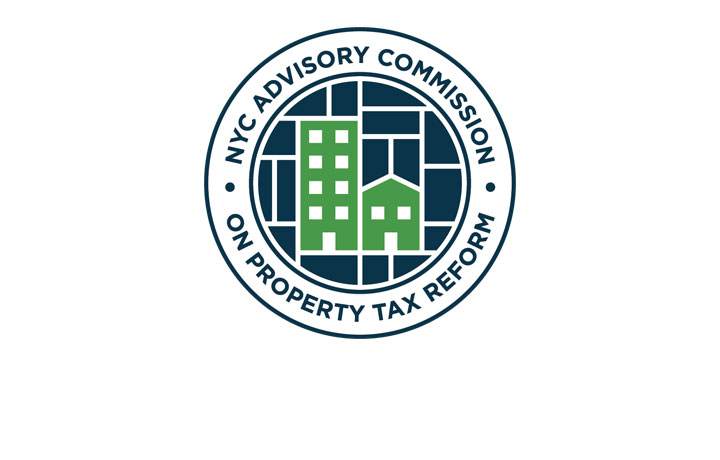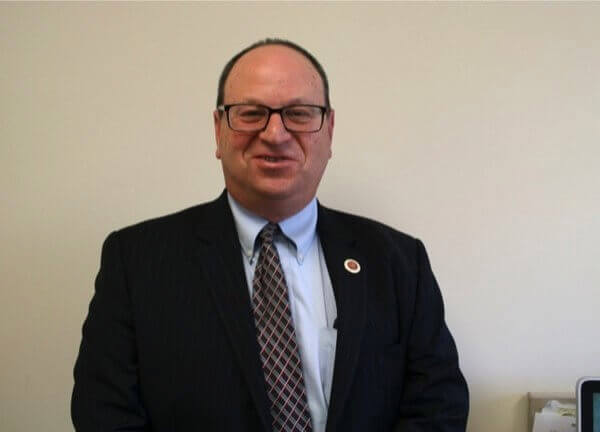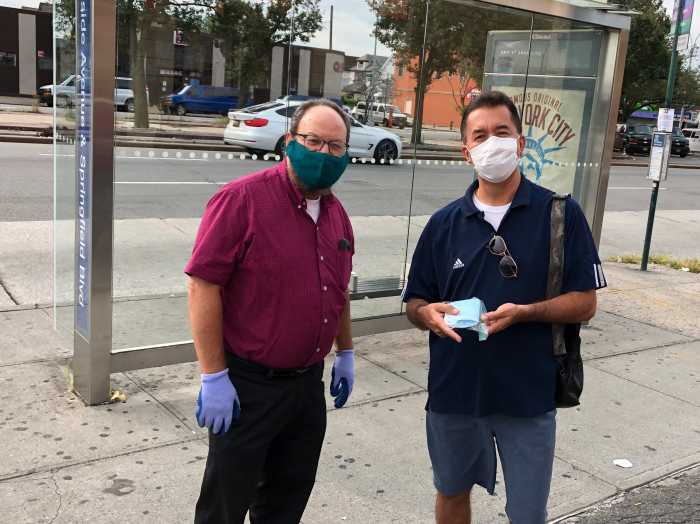Private citizens, community leaders and elected officials from every corner of Queens voiced their concerns on the initial recommendations made by the New York City Advisory Commission on Property Tax Reform on Wednesday, June 9.
In early January of 2020, the Commission had released a preliminary report with 10 recommendations to alleviate the burden New Yorkers face from high property taxes. Mayor Bill de Blasio and City Council Speaker Corey Johnson formed the Commission in 2018 to reform the property tax system without reducing the revenue used to fund essential city services.
The report includes the following preliminary recommendations:
- The commission recommends moving co-ops, condominiums and rental buildings with up to 10 units into a new residential class along with 1-3 family homes. The property tax system would continue to consist of four classes of property: Residential, large rentals, utilities, and commercial.
- The commission recommends using a sales-based methodology to value all properties in the residential class.
- The commission recommends assessing every property in the residential class at its full market value.
- The commission recommends that annual market value changes in the new residential-class be phased in over five years at a rate of 20 percent per year, and that Assessed Value Growth Caps should be eliminated.
- The commission recommends creating a partial homestead exemption for primary resident owners with income below a certain threshold. The exemption would be available to all eligible primary resident owners in the residential class and would replace the current Co-op and Condo Tax Abatement.
- The commission recommends creating a circuit breaker within the property tax system to lower the property tax burden on low-income primary resident owners, based on the ratio of property tax paid to income.
- The commission recommends replacing the current class share system with a system that prioritizes predictable and transparent tax rates for property owners. The new system would freeze the relationship of tax rates among the tax classes for five-year periods, after which time the City would conduct a mandated study to analyze if adjustments need to be made to maintain consistency in the share of taxes relative to fair market value borne by each tax class.
- The commission recommends that current valuation methods should be maintained for properties not in the new residential class (rental buildings with more than 10 units, utilities, and commercial).
- The commission recommends a gradual transition to the new system for current owners, with an immediate transition into the new system whenever a property in the new residential class is sold.
- The commission recommends instituting comprehensive reviews of the property tax system every 10 years.
Councilman Barry Grodenchik, representing District 23 in eastern Queens, commended the Commission for their work on this issue, but said much more needs to be done.
“When we talk about equality and equity in New York City,” Grodenchik said, “one thing that perhaps is the most inequitable for those struggling to maintain a household is the property tax system. The taxes on people of color are wildly outlandish.”
Warren Schreiber, president of Bay Terrace Cooperative Section 1, thought the commission’s recommendations were ineffective, raising more questions than answers.
“We can’t determine the impact of the Commission’s proposed recommendations on housing in the cooperative form without additional information that includes actual numbers,” Schreiber said.
Frank Taylor, a Community Board 3 member, spoke about the high, yet ineffective taxes in East Elmhurst.
“We have been overtaxed over here for decades,” Taylor said. “This is a situation that is untenable; we pay such high taxes, and we can’t even get our garbage picked up on time. We need to pay for things that are needed for the community; we don’t even have a hospital.”
Councilwoman Selvena Brooks-Powers, representing District 31 in southeast Queens, said homeownership is the key to the American dream. She felt that the report was well-intentioned but hoped the recommendations don’t miss the mark.
“Even the best of intentions can have unintended consequences,” Brooks-Powers said. “I also want to be sure these recommendations don’t put an undue financial burden on property owners.”
Councilman Robert Holden, a representative of District 30, said this issue was of personal importance to him and spoke about his experience co-sponsoring bills in the City Council that focused on alleviating property tax burdens.
Holden expressed his concern with the fourth recommendation and the proposition of eliminating all assed valued growth caps.
“While I understand the commission’s goals of having tax assessments better reflect real property values, eliminating all growth caps could drive down the value of the homes for current owners,” Holden said.
The commission will soon consider their final recommendations after holding virtual public hearings for residents from the Bronx on June 14 and Manhattan on June 16. Hearings were held for Staten Island and Brooklyn residents in May.



































